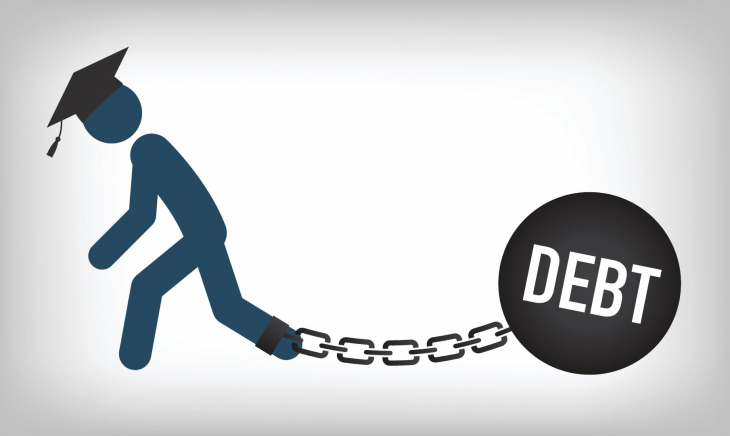What Debts Cannot Be Eliminated In Bankruptcy?
Expired
There are certain types of debts that cannot be discharged in bankruptcy...
When you file for bankruptcy, you are usually looking to eliminate your debt and start over. There are, however, certain types of debts that cannot be eliminated. These are called nondischargeable debts. If you owe any of these certain types of debts, even if you file for bankruptcy and are discharged, you will still owe these debts afterwards.
Student loan debt is usually nondischargeable. If you can prove undue hardship, you can possibly get your student loan discharged. But, you will have to file an Adversary Proceeding and pass a Brunner test proving your undue hardship.
Most taxes are nondischargeable. Taxes that are greater than three years old can be eliminated whether they are federal or state taxes.
Child support and alimony are nondischargeable. Because the debts may benefit the livelihood of someone else, they are considered a priority debt.
Because there are other forms of debt that can be deemed nondischargeable in bankruptcy, it is important to discuss all your debt with a bankruptcy attorney. Please note that each bankruptcy case is different and may have very specific circumstances pertaining to the person who files for bankruptcy.


